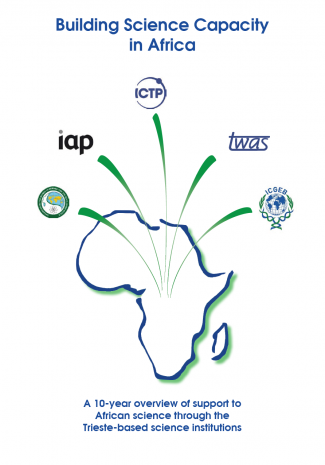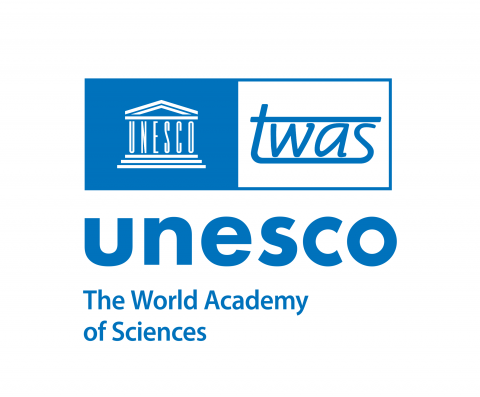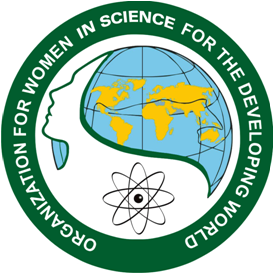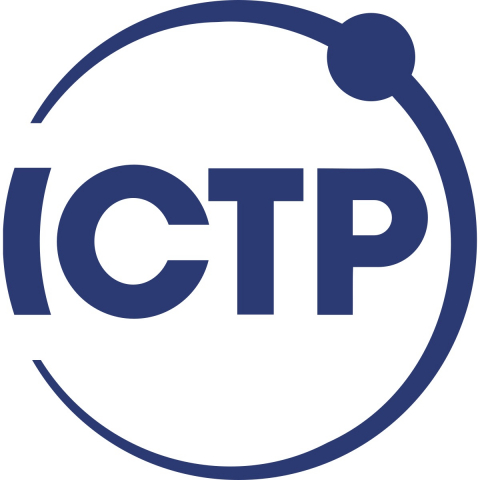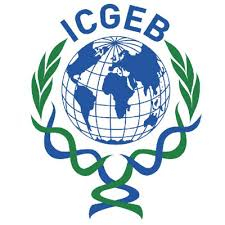The booklet, 'Building Scientific Capacity in Africa' reviews activities for Africa of five Trieste-based international science organizations over the past 10 years. It was developed in response to a request from the Italian Ministry of Foreign Affairs and International Cooperation (MAECI) that is gratefully acknowledged as the principle donor for the included organizations.
Trieste System
The government of Italy supports a unique system of international science institutes that for decades has focused its energy on building scientific capacity in Africa and other developing regions. Located in Trieste – Italy’s “City of Science” – and active members of that city’s “Trieste System”, the five organizations play a crucial role on behalf of Italy by using their extensive networks of scientists and partner institutes to implement innovative, high-impact scientific support activities. The five organizations include: the Abdus Salam International Centre for Theoretical Physics (ICTP); the International Centre for Genetic Engineering and Biotechnology (ICGEB); The World Academy of Sciences (TWAS); the Organization for Women in Science for the Developing World (OWSD); and the InterAcademy Partnership (IAP).
Empowering Africa
All share a common mission: to develop and maintain a critical mass of highly qualified, innovative scientists in developing countries. The support they provide includes fellowships, grants, conferences, mentoring, networking, sabbatical opportunities and much more. All five institutions have been particularly active in Africa, and for good reason: while countries such as Brazil, India and China have made great strides in developing science and technology in their countries, Africa continues to lag in key development indicators such as investment in R&D and higher education. Indeed, of the 47 UN-designated Least Developed nations worldwide, 33 are in Africa. As this report shows, over the past decade the five institutions have contributed to African science development in important ways:
- ICTP is active in all 54 African countries, where it has held over 200 scientific meetings. More than half of its postgraduate students are from Africa, and 6730 African scientists were trained through ICTP activities in Trieste;
- TWAS awarded 590 PhD fellowships and 120 postdoctoral fellowships to young African scientists; • 86% of OWSD’s PhD fellowships went to African women;
- IAP supported the creation of 15 new national science academies;
- Active in 27 African nations, ICGEB awarded 120 PhD and postdoctoral fellowships and 30 grants, held 35 meetings and hosted 5000 paticipants and 100 nationals in its Cape Town labs.
In addition to sharing support from Italy, the five institutions have another common characteristic: they operate under the United Nations umbrella. As such, they actively strive to achieve the 17 Sustainable Development Goals (SDGs) outlined in the UN’s Agenda 2030. The institutes share an understanding that the SDGs simply cannot be achieved without the support of science, social sciences and technology. As a common heritage of all humankind, scientific knowledge can be used as an effective engine for national development by disadvantaged countries. However, to fully exploit all that science can offer, Africa needs to build and sustain scientific capacity, both at the individual and institutional level.
Thanks also to the financial support of the Italian government, these five institutions contribute to empower Africa to achieve many of the SDGs. This report highlights the five institutions’ activities and achievements in support of African science over the past 10 years. Each institute, in its own way, has contributed key assistance to scientists in the South. The impact of their initiatives goes far beyond the charts and graphs presented here: they also build scientific careers, and create positive changes in the lives of individual African researchers. Therefore, where possible, we have included stories of African scientists who have succeeded thanks to the generous funding and support of Italy and the ambitious scientific activities of the Trieste System.
More more information, see: https://twas.org/article/report-shows-trieste-africa-science-ties
